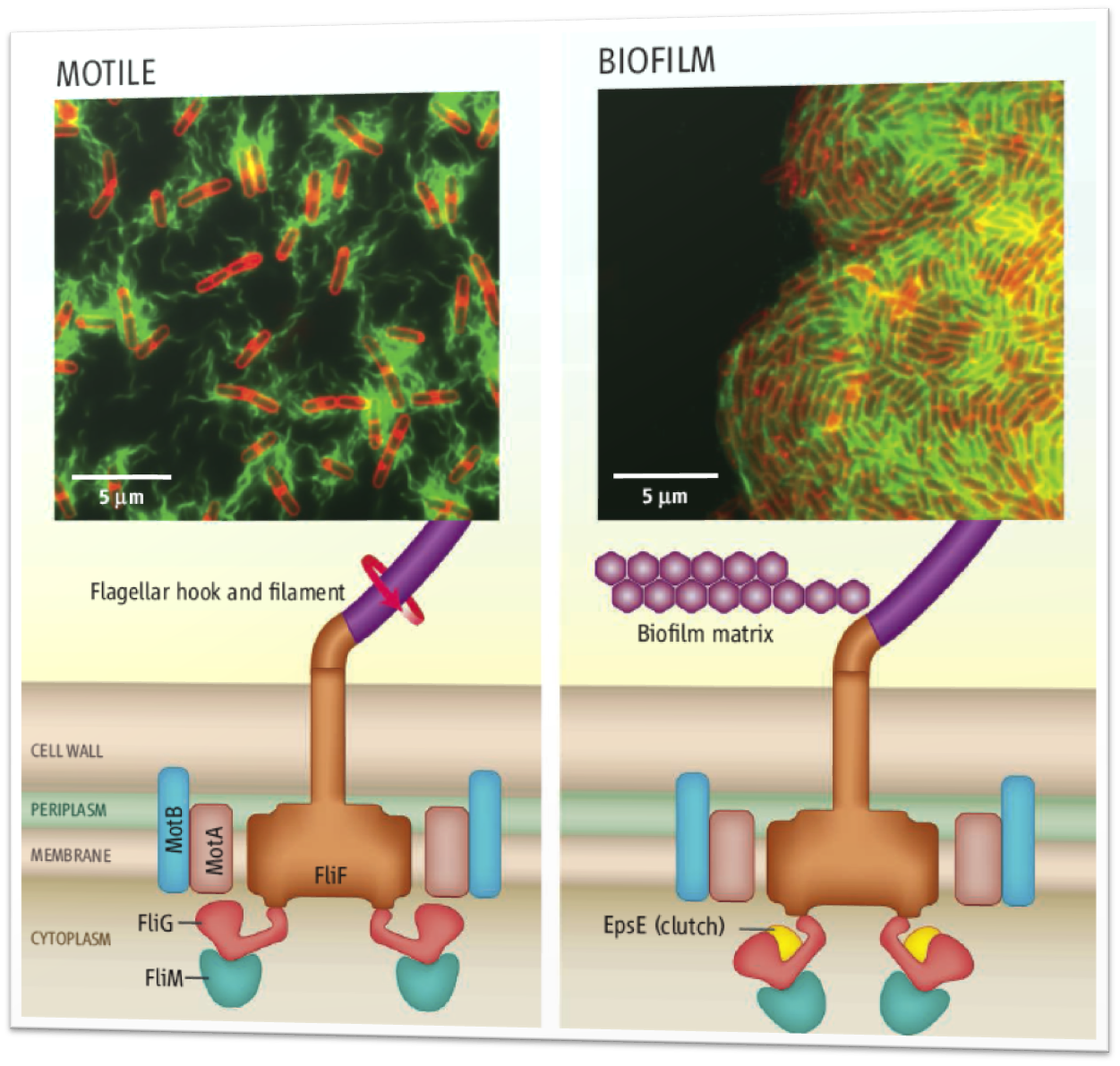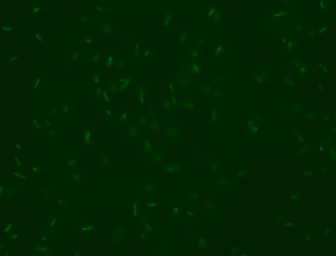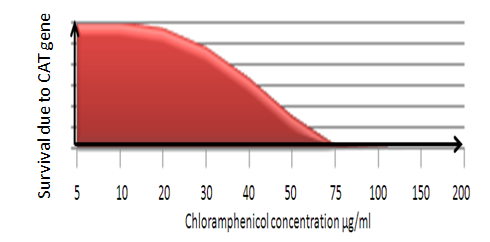Team:Imperial College/Major Results
From 2008.igem.org
m |
m |
||
| Line 20: | Line 20: | ||
{{Imperial/Box1|Characterisation of Chloramphenicol Acetyltransferase|<br> | {{Imperial/Box1|Characterisation of Chloramphenicol Acetyltransferase|<br> | ||
[https://2008.igem.org/Team:Imperial_College/CAT '''Please click here for the chloramphenicol acetyltransferase Characterisation Summary Page''']<br> | [https://2008.igem.org/Team:Imperial_College/CAT '''Please click here for the chloramphenicol acetyltransferase Characterisation Summary Page''']<br> | ||
| - | '''We have characterised the ability of | + | '''We have characterised the ability of chloramphenicol acetyltransferase ([http://partsregistry.org/wiki/index.php?title{{equals}}Part:BBa_J31005 BBa_J31005]) to provide resistance to chloramphenicol. This has shown that a variety of our parts are functional including integration sites, promoters and ribosome binding sites. This characterisation will reveal the range of chloramphenicol concentrations at which a cell will be protected by a single chloramphenicol acetyltransferase gene'''. |
|<center>[[Image:CAT_Working_Concentration2.PNG]]</center><br> | |<center>[[Image:CAT_Working_Concentration2.PNG]]</center><br> | ||
}} | }} | ||
Revision as of 00:08, 30 October 2008
Experimental Results
|
|||||||||||||||||||||||||||
 "
"




